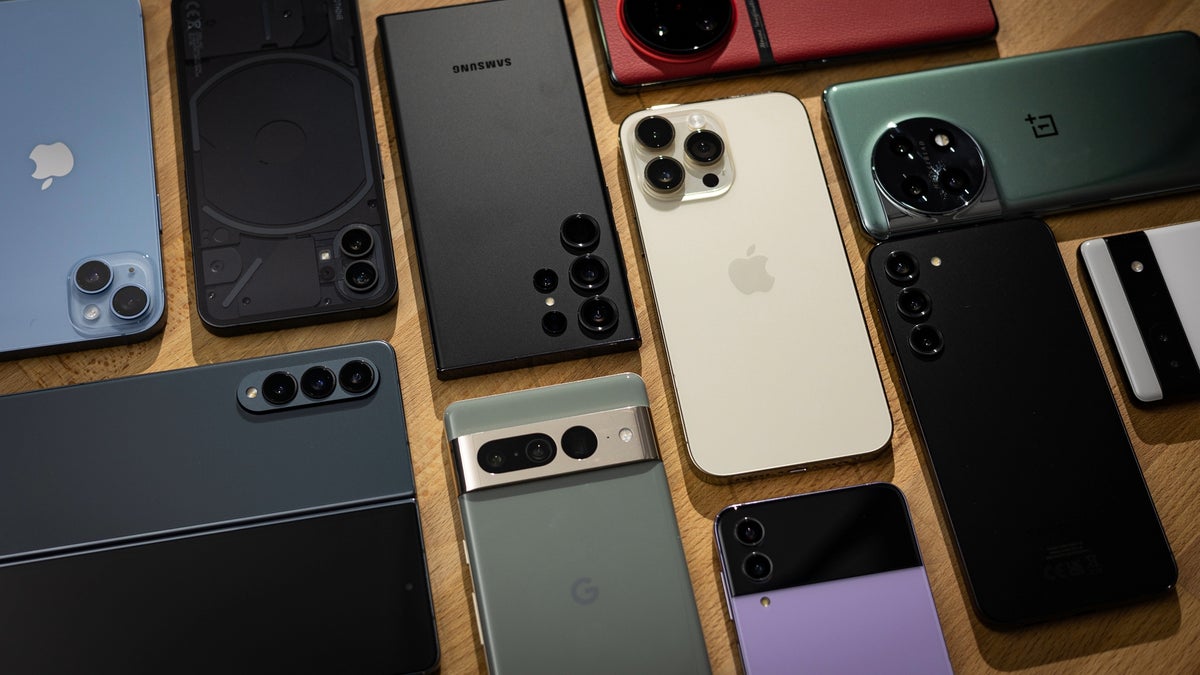However, it looks like people are warming up to the idea of recycling their old phones, and cash incentives plus the promise of data safety are leading the charge. GSMA’s latest survey shows that these two factors are motivating consumers to finally say goodbye to their outdated devices – and honestly, I’m all for it.
This extensive survey sheds light on how consumers around the world are becoming more aware of the environmental impact of their devices, with many wanting to use them longer. But there’s also a growing demand for secure and easy ways to trade them in responsibly. The markets for reused and refurbished phones will only continue to grow, and this presents a huge opportunity for companies to innovate.
– Steven Moore, Head of Climate Action at GSMA, 2024
Recycling old phones helps cut down on the demand for raw materials. The GSMA estimates that if we recycle just half of the 5 billion dormant devices out there, we could recover up to $8 billion in valuable minerals like gold, silver, and cobalt. These critical resources could be reused in everything from smartphones to electric car batteries.
The survey also found that 14% of phones in use today were either bought secondhand or refurbished, with the UK taking the lead – nearly 10% of UK consumers choose refurbished devices. This trend is only expected to grow, as sales of used phones jumped by 6% in 2023, while new phone sales saw a 4% decline. As a result, the secondhand smartphone market is on track to outgrow new phone sales in the years ahead.
Other notable findings from the GSMA’s survey, which will be fully unveiled at MWC Barcelona in March 2025 (where actually the Xiaomi 15 Ultra might make its global debut), include:
- The average lifespan of a phone before it is replaced is around three years, with 75% of devices being replaced between one and three years.
- Battery life (90%) and performance issues (87%) are the top reasons people replace their phones.
- Nearly 60% of consumers plan to purchase a new phone within the next two years, while older consumers tend to hold onto their devices for longer.
- An increasing number of people, especially younger consumers, are considering sustainability in their purchasing decisions, with 49% saying it’s a very important factor in their next phone purchase.
